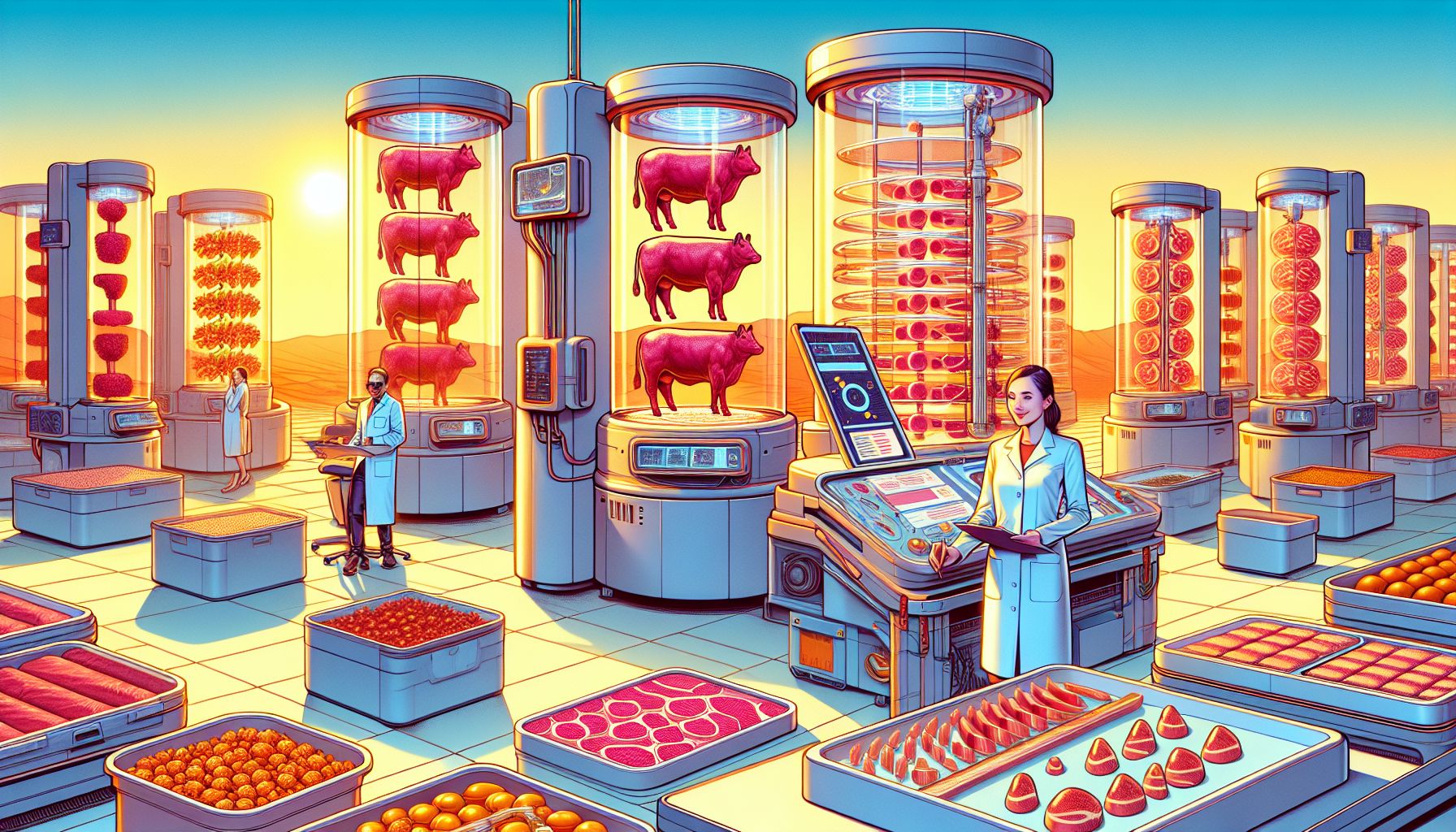Mosa Meat Secures €40 Million to Scale Cultivated Beef Production

Mosa Meat has raised €40 million from new and existing partners to scale up its lab-grown beef production and prepare for market introduction.
A Major Milestone in Food Innovation
Mosa Meat, a trailblazer in the cultivated meat industry, has achieved a significant milestone with this latest funding round. The €40 million investment, led by Lowercarbon Capital and M Ventures, reflects growing confidence in the potential of lab-grown meat to revolutionize the food industry. This influx of capital is set to accelerate the company’s efforts to bring cultivated beef to the consumer market, marking a crucial step towards more sustainable food production.
Strategic Partnerships and Collaborative Efforts
The funding round saw participation from a diverse group of investors, including government-backed entities such as Invest-NL, LIOF, and Limburgs Energie Fonds, as well as traditional meat industry players like PHW Group. Mosa Meat’s CEO, Maarten Bosch, emphasized the importance of collaboration in overcoming the challenges associated with scaling production and achieving market readiness. This collaborative approach aims to ensure that the company’s mission to offer a sustainable alternative to conventional beef reaches fruition.
The Benefits of Cultivated Meat
Cultivated meat offers numerous benefits over traditional meat production. It is produced by extracting cells from a living animal and growing them in a controlled environment, resulting in real meat without the need for slaughter. This process significantly reduces greenhouse gas emissions, land use, and water consumption compared to conventional livestock farming. Moreover, it eliminates the ethical concerns associated with animal slaughter and has the potential to provide a sustainable solution to feeding a growing global population.
How It Works
The production of cultivated meat involves several key steps. Initially, stem cells are painlessly extracted from a living animal, such as a cow. These cells are then placed in a bioreactor and provided with nutrients to grow and multiply. Over time, they develop into muscle tissue, the primary component of meat. Mosa Meat has perfected this process and is now capable of producing tens of thousands of cultivated hamburgers at its state-of-the-art facility in Maastricht, Netherlands, which spans 7,340 square meters.
Preparing for Market Introduction
With the new funding, Mosa Meat is gearing up for the commercial launch of its cultivated beef. The company is actively seeking regulatory approvals in North America, Asia, and Europe, with plans to introduce its products in Singapore and the Netherlands. In addition to scaling production, Mosa Meat is preparing for formal tastings of its cultivated beef in the Netherlands, aiming to engage consumers and gather valuable feedback. The company’s recent B Corp certification underscores its commitment to sustainability and ethical production practices.
A Global Movement Towards Sustainable Food
Mosa Meat’s efforts are part of a broader global movement towards sustainable and ethical food production. Since Singapore’s pioneering regulatory approval of cultivated meat in 2020, the industry has seen significant growth, with 174 companies worldwide developing cell-based meat products. Countries such as Israel, the US, and Qatar are following suit, creating favorable environments for the commercialization of cultivated meat. As consumer awareness and acceptance grow, the industry is poised to play a pivotal role in addressing the environmental and ethical challenges of traditional meat production.

